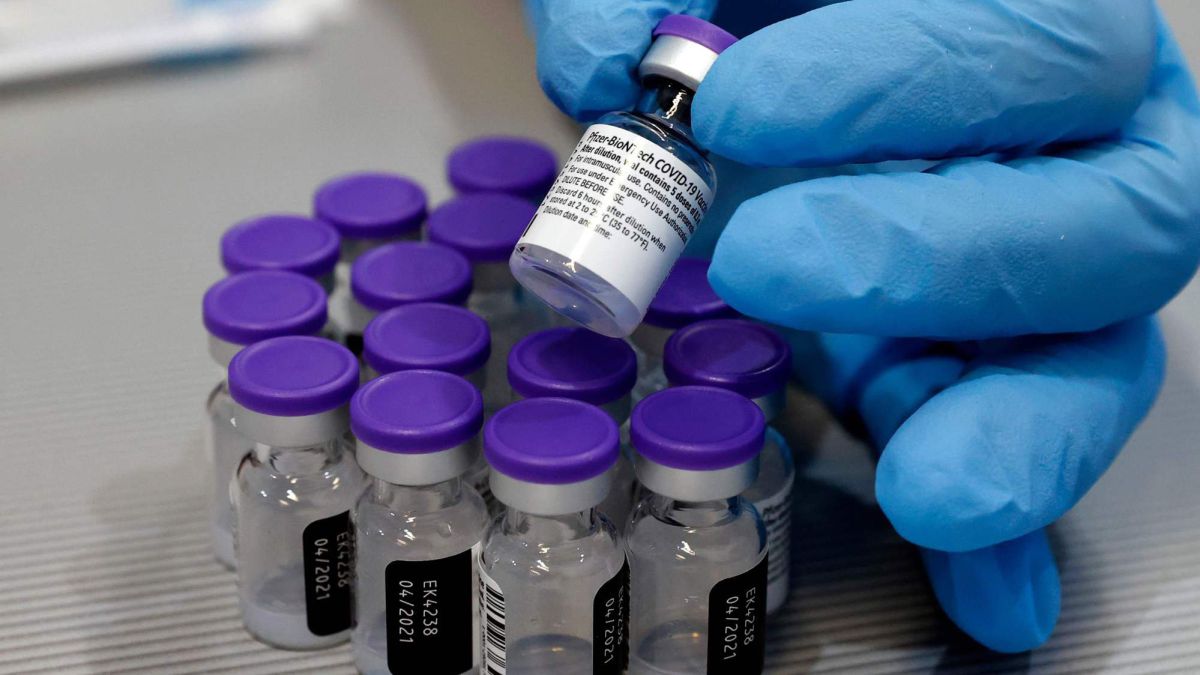Read more from Author Melissa Galbraith here: https://globelivemedia.com/author/melissa-galbraith/
Around 52% after the first dose and more than 90% effective after receiving the second. Those were the estimates announced by Pfizer on the effectiveness of its vaccine once the pertinent clinical trials have been carried out. The speed in confirming it, and the various security tests passed before the various authorities were sufficient reasons for it to be approved.
Since then, it has been distributed throughout the planet, in some countries before others. AND one of the most advanced in the vaccination process, Israel, is questioning the percentages mentioned, causing other nations to start making their inquiries.
All in the wake of an analysis by a group of experts from Israel, which indicates that the protection of the first dose of the Pfizer vaccine would be significantly lower, 33%, compared to the 52% that was said then. Although on the contrary, with the second dose the antibodies could increase.
Faced with the advantages of being among the first to start something as delicate as vaccination, there is the disadvantage of also being the first to see its consequences. Thus, These new data from Israel, where the vaccine began to be distributed earlier than in the United Kingdom, have set off their alarms.
Patrick Vallance, Scientific Adviser to the British Government, has affirmed to Globe Live Media that the efficacy of the vaccine will be studied “very carefully”. “In real-world practice things are rarely as good as during rehearsals,” he explains, adding on effectiveness: “It will probably not be as high in practice, I don’t think it will be as low as those figures suggest.”
In fact, the high effectiveness announced for the first dose of the Pfizer vaccine led the United Kingdom to want to delay the second injection until 12 weeks compared to the initial three, relying on that percentage to prioritize reaching the largest number of people possible with the first dose.
Meanwhile, they continue to reach alarming figures in infections and deaths, with an almost daily record. “In some cases it seems like a war zone in terms of the things that some people have to deal with,” he says of the collapse of the healthcare system. “I think it is quite likely that we will need to be vaccinated on a regular basis, at least for a few years” Vallance adds.
What is happening in Israel?
Last Monday Israel reached 10,000 new coronavirus infections, and the situation is not good despite being advanced in vaccination. How to collect The Guardian, thousands of Israelis have continued to fall ill after being vaccinated, and its head of Public Health, Sharon Alroy-Preis, explains that most had not developed sufficient antibodies.
It has also been noted that 30% to 40% of new infections were being caused by the variant first identified in the UK.

